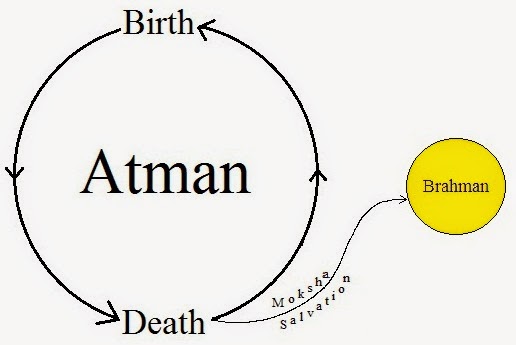“O Krishna, the flickering mind is certainly turbulent, strong and obstinate; I think that subduing the mind is more difficult than the wind” (Bhagavadgītā 6:34).
This quote really resonates with me. It expresses a sentiment that I have always believed in but was not articulate enough to phrase it so eloquently. The four adjectives used describe the human mind perfectly in my opinion. Most of our minds are very much flickering, which causes us to be fickle and unable to make healthy decisions consistently. Thoughts control our actions, and we do not take the time to stabilize our thinking. The oddest thing about the way we are built is that we must use our minds to figure out how to fix our minds. Where do we start? I think we start by admitting that we are uneducated and unstable, which will cause us to seek knowledge and understanding. However, most of us are too dumb to know that we are dumb. That is why I often say that children are smarter than adults. They do not have the wisdom, knowledge, and experience of adults, but their brains are more malleable because they have not had time to form hard opinions and bad habits yet. It is easier for them to make positive change and accept shifts in paradigm. For some of us, no matter how much evidence we see, we refuse to allow anything to convince us that what we “know” is incorrect. The fact that our minds are so strong is often detrimental to the probability of enlightenment. I think this is why Raja yoga is so popular outside of Hinduism. Some people realize that mental and spiritual health is the first step to achieving mental health. Once I can control my mind, controlling my body and my surroundings is a piece of cake.



